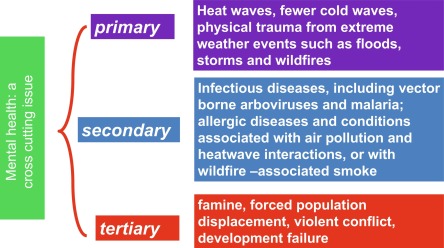This article explores the role of community proactivity in advancing sustainable futures and its impact on community development, with a focus on the sustainability planning process in Vytina County, Greece. The authors employ a bottom-up planning process and a mixed-methods approach to assess proactivity and resistance to change, highlighting the significance of proactivity in achieving sustainable development and its role in shaping communities' futures.
This article explores the role of community proactivity in advancing sustainable futures and its impact on community development, with a focus on the sustainability planning process in Vytina County, Greece. Drawing on existing research, we emphasize the pivotal role of shared visions in driving community proactivity, creating a positive feedback loop, and the need for proactive approaches to address obstacles and stimulate community engagement for resilient futures.

